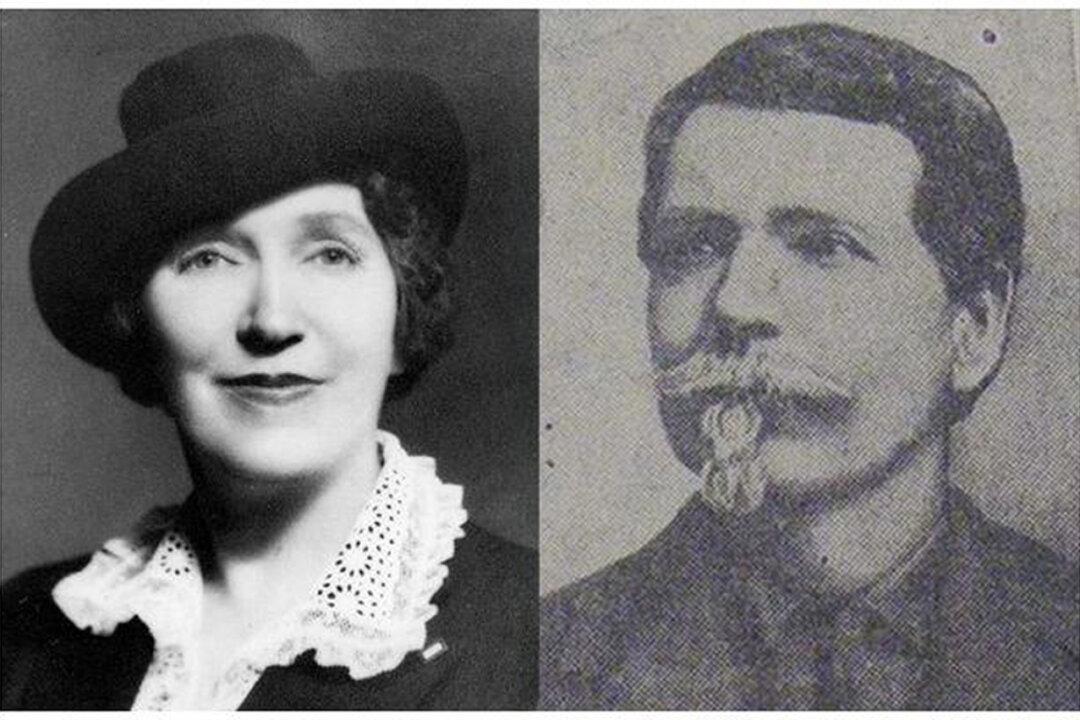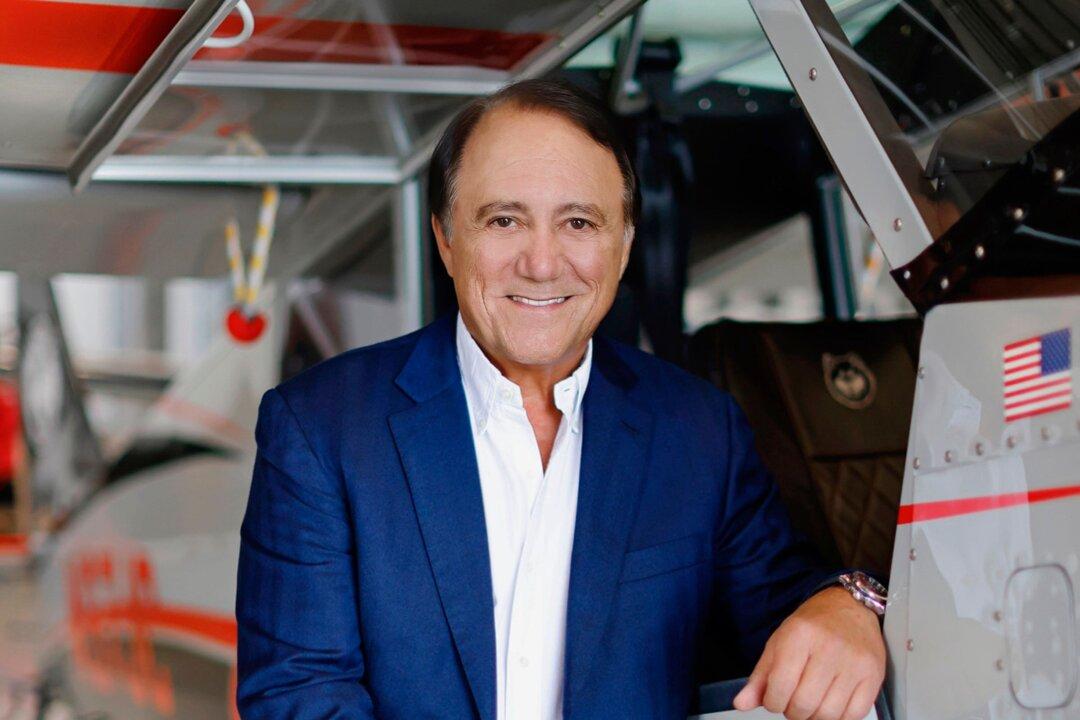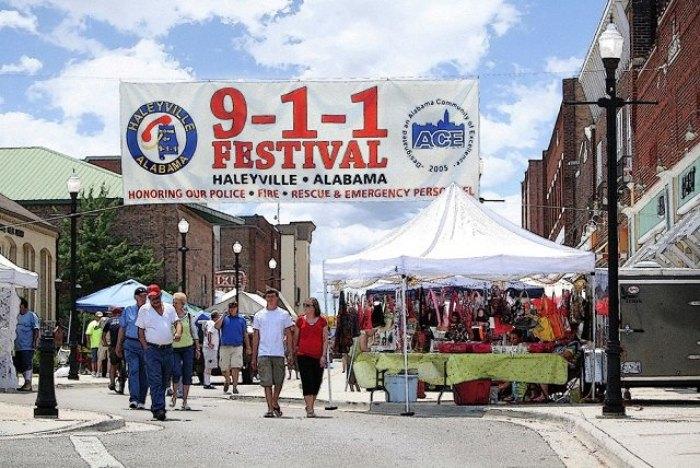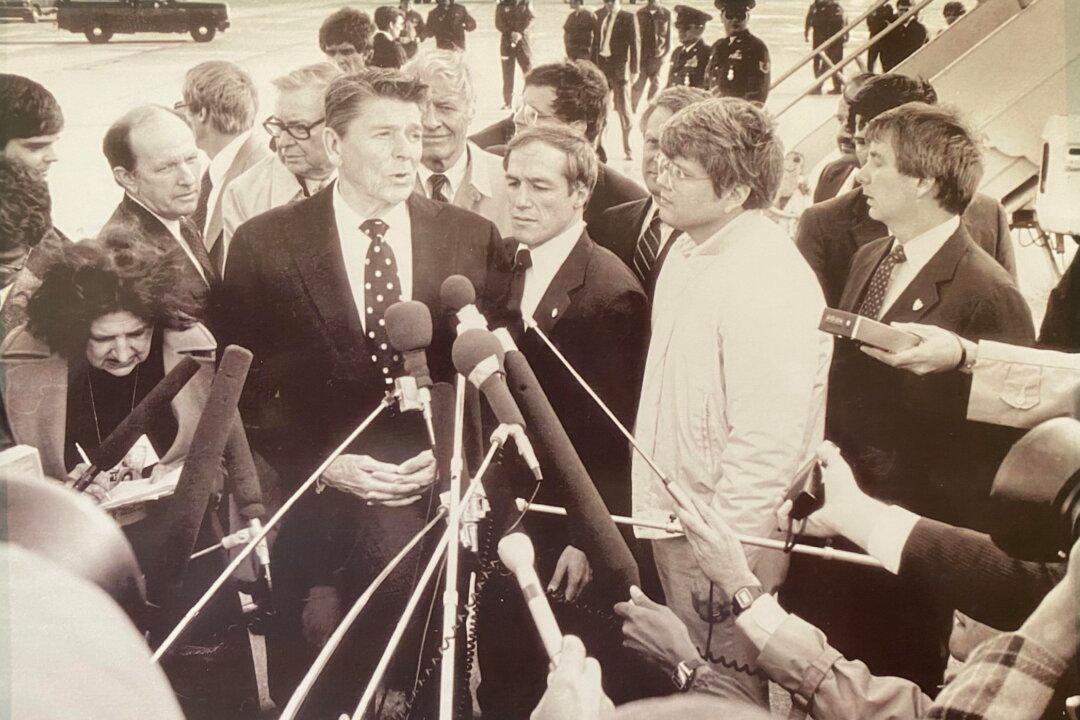Father’s Day is a quintessential American holiday: the day we honor dads, stepdads, granddads, and father figures who mean so much—in so many ways—to our families. On the third Sunday in June, fathers revel in their very own dedicated day and, if they’re lucky, are showered by their kids and family members with love, appreciation, attention, and gifts.
It’s also when we extol the importance of fatherhood.
But did you know that this special day has been celebrated even before it became a national holiday? It’s a 113-year-old story.
Father’s Day as we know it today originated in Spokane, Washington. The idea was initiated by a devoted daughter of a Civil War-era widowed father. Her name was Sonora Smart Dodd.
According to Megan Duvall, the historic preservation officer for the city and county of Spokane, Dodd’s mother Ellen had died in childbirth when Dodd was just a teenager. Her father, William Jackson Smart, was left to raise six kids, ranging in age from 16 to a newborn, on his own.
William was a farmer who had fought for the Union during the Civil War, Duvall said. By all accounts, he was a stoic symbol of what fatherhood—parenthood—should be. His daughter wanted desperately to pay tribute to him and other fathers.
A Daughter’s Devotion
According to historical accounts, it all began when Sonora was listening to a Mother’s Day sermon in the Central Methodist Episcopal Church in Spokane, Washington, on May 9, 1909. Sonora questioned why we shouldn’t have a like-minded Father’s Day as well. Mother’s Day had originated two years before in Grafton, West Virginia, but nothing similar had since been created for fathers.
Over the next year, Dodd tirelessly drummed up support for her idea of a Father’s Day, Duvall explained. She convinced the local YMCA and the Spokane Ministerial Association to sign a petition creating a Father’s Day observance in Spokane. Local businesses, the press, and Mayor N.S. Pratt all gave their support.
In her original petition to the Ministerial Alliance of Spokane, Dodd wrote:




